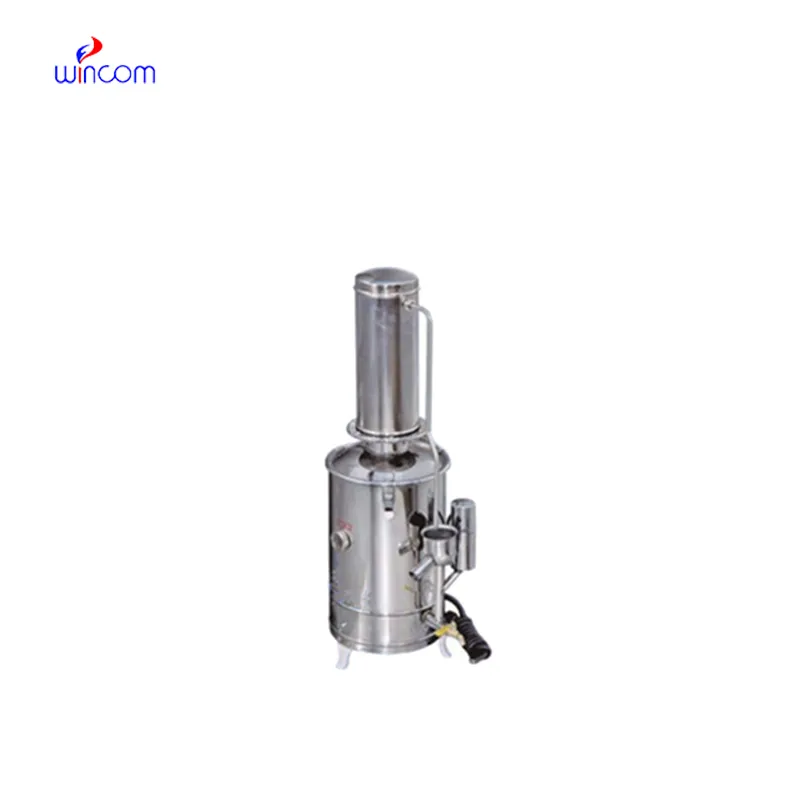
The mri machine sizes features a large cylindrical magnet where a patient table opens into its interior to offer a stable and comfortable scanning experience. Gradient coils of high technology in the mri machine sizes tilt magnetic fields to create images from different angles. Its digital control allows it to be accurate, uniform, and scan quickly for faster diagnosis.

The mri machine sizes is a highly effective instrument for imaging the cardiovascular system, allowing precise evaluation of heart chambers, valves, and vessels. It makes it possible to detect disorders such as coronary artery disease, congenital heart disease, and myocardial inflammation. The mri machine sizes also measures blood flow and cardiac function precisely.

With ongoing technological developments, the mri machine sizes will comprise smart coils and flexible imaging algorithms that respond to motion in the patient. This will minimize artifacts and minimize repeat scans. The mri machine sizes will also facilitate real-time monitoring for surgical navigation and interventional imaging.

Daily radiofrequency and magnetic system calibration is required for the preservation of the mri machine sizes. Gradient performance, cooling system, and level of cryogens are to be monitored by technicians. The mri machine sizes should be cleaned frequently, and cables or connectors inspected for wear to prevent data transmission errors and downtime.
The mri machine sizes is the most sophisticated diagnostic imaging technology, forming high-definition images with precise cross-sections of the body. It enables physicians to scan deep tissue structures without jeopardizing it. The mri machine sizes is extensively used in neurology, cardiology, and musculoskeletal medicine.
Q: Why do MRI machines make loud noises during scans? A: The noises come from the rapid switching of gradient coils that generate precise magnetic fields necessary for capturing detailed images. Q: Can MRI scans be done with contrast agents? A: Yes, sometimes contrast agents like gadolinium are used to highlight specific tissues or blood vessels, improving visibility of certain conditions. Q: How should MRI machines be maintained? A: Regular calibration, cryogen level checks, and environmental control are essential for maintaining stable magnetic performance and image accuracy. Q: Is MRI safe during pregnancy? A: MRI is typically considered safe during pregnancy, especially after the first trimester, but contrast agents are usually avoided unless medically necessary. Q: Can MRI be used in veterinary medicine? A: Yes, MRI is widely used in veterinary hospitals to diagnose brain, spine, and joint conditions in animals with the same precision as in human medicine.
This x-ray machine is reliable and easy to operate. Our technicians appreciate how quickly it processes scans, saving valuable time during busy patient hours.
The microscope delivers incredibly sharp images and precise focusing. It’s perfect for both professional lab work and educational use.
To protect the privacy of our buyers, only public service email domains like Gmail, Yahoo, and MSN will be displayed. Additionally, only a limited portion of the inquiry content will be shown.
I’m looking to purchase several microscopes for a research lab. Please let me know the price list ...
Could you share the specifications and price for your hospital bed models? We’re looking for adjus...
E-mail: [email protected]
Tel: +86-731-84176622
+86-731-84136655
Address: Rm.1507,Xinsancheng Plaza. No.58, Renmin Road(E),Changsha,Hunan,China